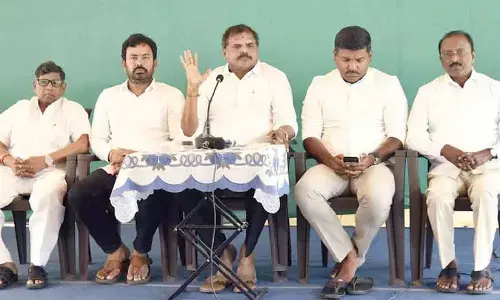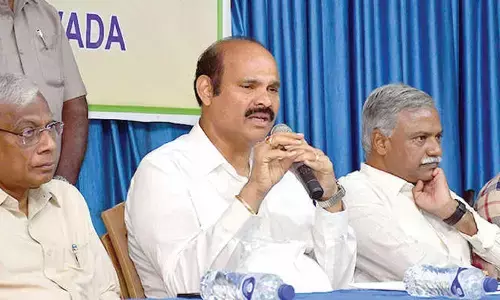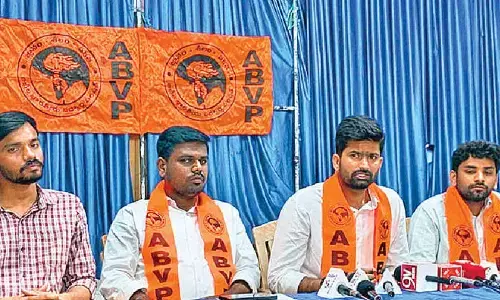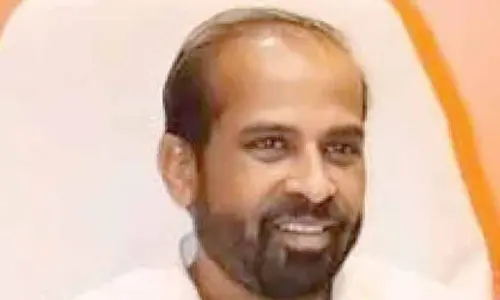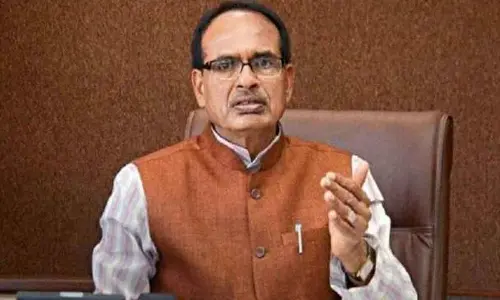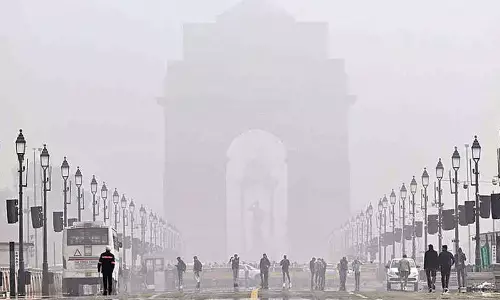WHO tells India not to go for blanket bans to contain Covid
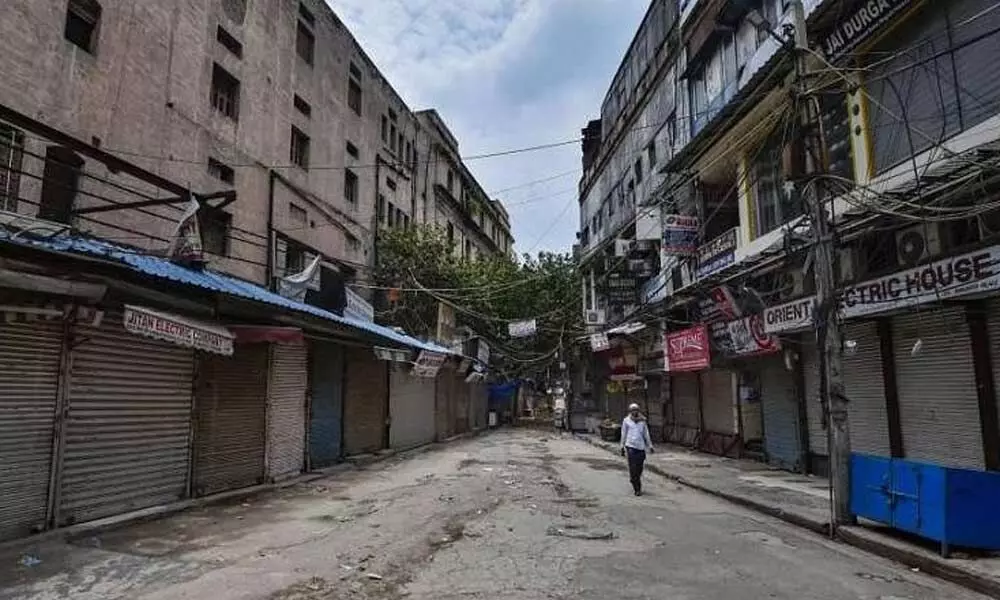
WHO tells India not to go for blanket bans to contain Covid
: Blanket approaches such as complete restriction on the movement of people and travel bans can be counterproductive in containing Covid in a country like India, says WHO's India representative Roderico H Ofrin while advocating target, risk-based strategies to counter the pandemic.
Kolkata: Blanket approaches such as complete restriction on the movement of people and travel bans can be counterproductive in containing Covid in a country like India, says WHO's India representative Roderico H Ofrin while advocating target, risk-based strategies to counter the pandemic. Stressing on the need to protect both lives and livelihoods, he said public health action in India and across the world must be continually guided by evidence from four key questions -- how transmissible is the variant, severity of the disease it causes, how well vaccines and prior SARS-CoV-2 infection protect and how common people perceive risk and follow control measures. "WHO does not recommend a blanket travel ban, nor complete restriction of people's movement.
In many ways, such blanket approaches can be counterproductive. India with its diversity in population distribution and geographic spread, the risk-based approach remains the wiser public health practice to counter a pandemic," Ofrin told PTI in an email interview. Depending on the epidemiological situation, available public health capacities and social and economic context, governments should tailor their measures to prevent and control the transmission, the Delhi-based official said as an Omicron driven surge pushed India's Covid tally to 3,76,18,271 (37.6 million/3.76 crore) on Tuesday. "WHO advises governments to adopt nuanced, targeted and risk-based approaches which involve layered control measures, reducing the risks associated with travel and transmission," Ofrin said. If all the dos and don'ts are followed, there is no need for lockdowns.
"In the current scenario, existing tools and solutions continue to be effective — expanding vaccination coverage, using masks, maintaining hand hygiene, physical distancing, ventilation of indoor spaces and crowd avoidance help in cutting the chain of transmission. If these are followed, there will be no need for lockdowns," Ofrin maintained. He said the emergence of the new variant of coronavirus in this magnitude "has been beyond expectation" and it is evident "Omicron has a growth advantage over Delta spreading rapidly across states and territories". The country reported 2,38,018 new coronavirus infections, according to the Union Health Ministry on Tuesday. With this, active cases have increased to 17,36,628 (1.7 million/17.3 lakh), the highest in 230 days, while the death toll has climbed to 4,86,761 with 310 fresh fatalities.
Though it is not possible to undertake genome sequencing of every sample, experts are agreed the current wave is largely being driven by the Omicron variant. Elaborating on ways to handle the current Covid situation, Ofrin, who joined as WHO's India Representative in July 2020, stressed that it is not just the responsibility of the government but also of every individual. "This is the same virus/disease with a different variant. The mitigation measures put forth against earlier variants are still recommended to combat Omicron. Strategies to test, trace and treat along with strengthening surveillance and health systems; expanding vaccination coverage, maintaining essential health services, and community-level containment measures effectively underpin response efforts to combat the pandemic," he added.








